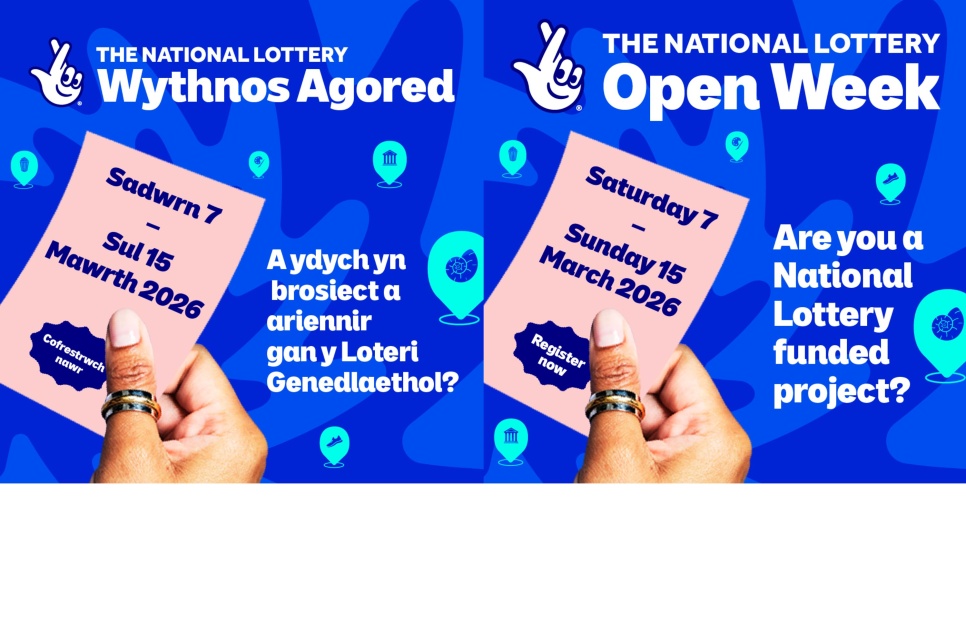Taking place from Saturday 7 to Sunday 15 March 2026, National Lottery Open Week offers funded organisations the opportunity to thank players for their support, acknowledge their funding, and welcome new audiences. Visitors who…

Taking place from Saturday 7 to Sunday 15 March 2026, National Lottery Open Week offers funded organisations the opportunity to thank players for their support, acknowledge their funding, and welcome new audiences. Visitors who…